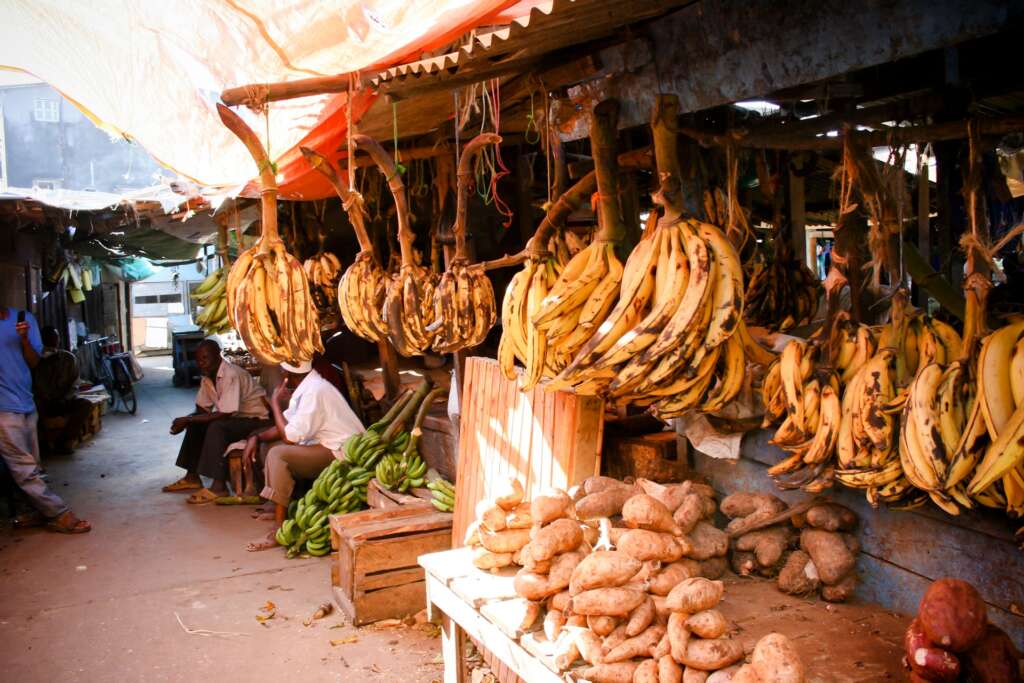Recent research by ACED indicated that local policymakers are aware of the usefulness and importance of evidence for better decision making, including informing social dashboards, budget planning, developing community programs and projects, etc. However, in practice, very few policymakers use evidence before making decisions because of the difficulties in accessing reliable, up-to-date, and relevant evidence. Evidence, particularly scientific evidence (research results, evaluation results), is available in online repositories and on the websites of organizations and universities, which are difficult to access for decision-makers. Also, the available evidence is most often in languages and formats that are not usable by policymakers.
Based on this observation, ACED has initiated a review to provide local policymakers with a synthesis of available evidence in the field of food and nutrition security in Benin. To focus the review on the real needs of policymakers, ACED consulted them to identify the opportunities for evidence use. Two types of opportunities were analyzed: opportunities for strategic use in defining development plans, strategies, budgets, projects, and programs; and opportunities for routine (daily) use.
Specific requests were also collected from policymakers to better understand their evidence needs. For example, the municipalities of So-ava and Aguégués requested the development of an evidence-based action plan to reduce the negative impact of water hyacinth proliferation on the environment and the local economy. Other municipalities identified the need for evidence on the critical success/failure factors of youth agricultural entrepreneurship.
The review consisted in a first phase of collecting relevant documents (articles, dissertations, thesis, evaluation reports, strategy papers, etc.) on the themes identified with policymakers and related to food and nutrition security in Benin. A specific script on the themes was developed and deployed on different databases (Scopus, Web of Science, Google scholar) and on the websites of organizations active in Benin on food and nutrition security issues.
The online research was complemented by the physical collection of documents from projects, programs, and local organizations. In a second phase, the documents collected were selected based on quality criteria. In a final stage, the selected documents were analyzed to extract evidence of interest to policymakers.
In total, 760 documents were collected, of which 423 were selected after analyzing their content. These 423 documents are composed of:
- 396 scientific articles
- 04 evaluation reports
- 09 study report
- 08 planning documents
- 06 bibliographical summaries
The analysis of the content of the documents has made it possible to extract some key evidence on agriculture (crop varieties adapted to certain areas, possible crop associations, biological control of crop pests, etc.), the environment (distribution of ethnobotanical species, soil conditions, the impact of climate change on agricultural production ), food and nutrition security (sufficient availability of agricultural products of interest, and nutrition - nutritional status of children, level of vulnerability of communes, etc.).
As a next step, ACED is developing a web platform that will host the evidence materials and display them in formats that are aligned with the needs of policymakers. To do so, we have started synthesizing and extracting the evidence that is available in the different documents, and that can respond to concrete questions from policymakers. Furthermore, we will continue deploying the script to identify new evidence materials that can be uploaded on the platform. Through this work, we will also identify evidence gaps that will serve as triggers for new studies.
In conclusion, this review exercise has confirmed some of our initial hypotheses about the evidence ecosystem and generated three main lessons about accessing evidence. First, research questions are not necessarily aligned with the interests and needs of policymakers. Only a small portion of the evidence materials reviewed has directly addressed policymakers' needs that we have collaboratively identified with them.
Second, the dominant language of the available evidence is English, which is an important constraint for local policymakers who are francophones. Finally, the format in which the evidence is presented is also limiting. In general, it is not policy-oriented and does speak more to the academic world than to the policymakers. In conclusion, the evidence generators (e.g. researchers) seem not to be driven by the needs of the evidence users (e.g. policymakers). Therefore, it is important to continue implementing deliberate activities that connect the two worlds.



